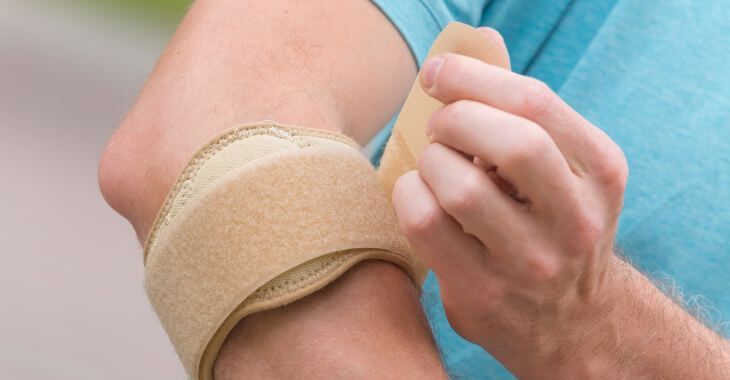Dangers of Ignoring a Kneecap Tracking Disorder
The patella or kneecap is an essential component of the knee joint, helping reduce the effort needed for extension of the knee and allowing for more force from the quadricep muscles in the thigh. The kneecap is held in place by tendons and ligaments, situated at the end of the femur or thigh bone. When bending the knee, the patella should stay in place, but injuries or other issues can allow it to shift. This is called a patellar or kneecap tracking disorder, which can cause pain and dysfunction, as well as lead to other serious knee problems.
What Causes a Patellar Tracking Disorder?
There are many factors that can contribute to a kneecap tracking disorder. Weakened ligaments or tendons in the knee can allow the patella to shift. A weakened quadricep muscle can also put undo stress on the kneecap and cause movement. Injuries that occur to the knee or constant stress on the knee can create a tracking problem with the knee cap, which can cause intense pain, weakness and popping sounds when bending the knee.
Importance of Treatment
In most cases, a kneecap tracking disorder can be resolved with rest and rehabilitation of the knee. Physical therapy is usually the treatment recommended, helping strengthen the muscles, ligaments and tendons to support the kneecap. However, if treatment is not used, a kneecap tracking disorder can lead to a more serious injury to the knee, such as a kneecap dislocation or other injuries to the knee components that can require surgery.
If you have a kneecap tracking disorder, do not delay seeking treatment. Contact a physical therapy clinic to begin rehabilitation to strengthen and protect your knee from further injury.
Posted on behalf of:
Sovereign Rehabilitation
5555 Peachtree Dunwoody Road Northeast #225
Atlanta, GA 30342
(404) 835-3340
The information provided on this website, including text, graphics, images, and other materials, is intended solely for informational purposes and should not be used as a substitute for professional medical advice, diagnosis, or treatment.



)